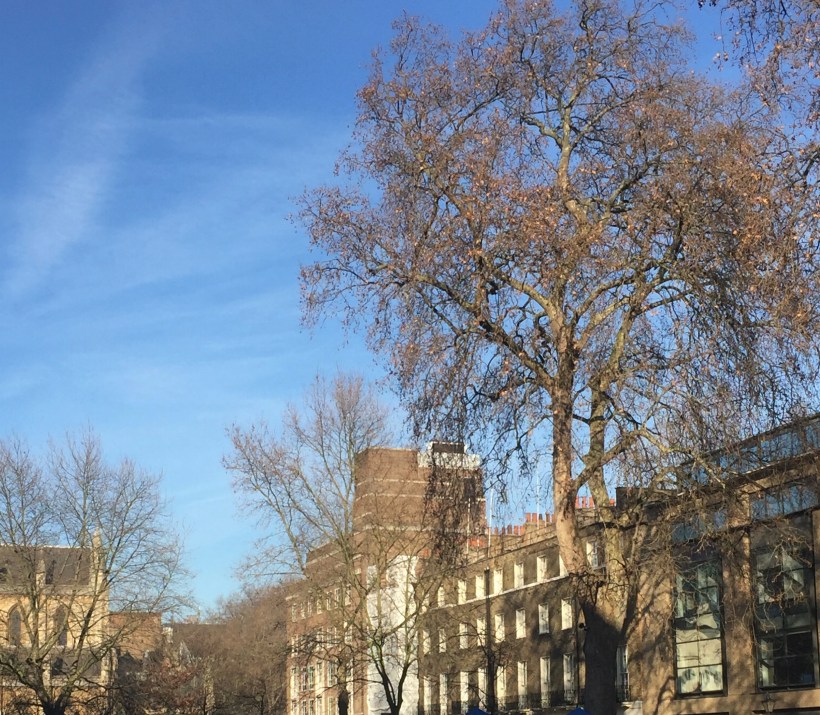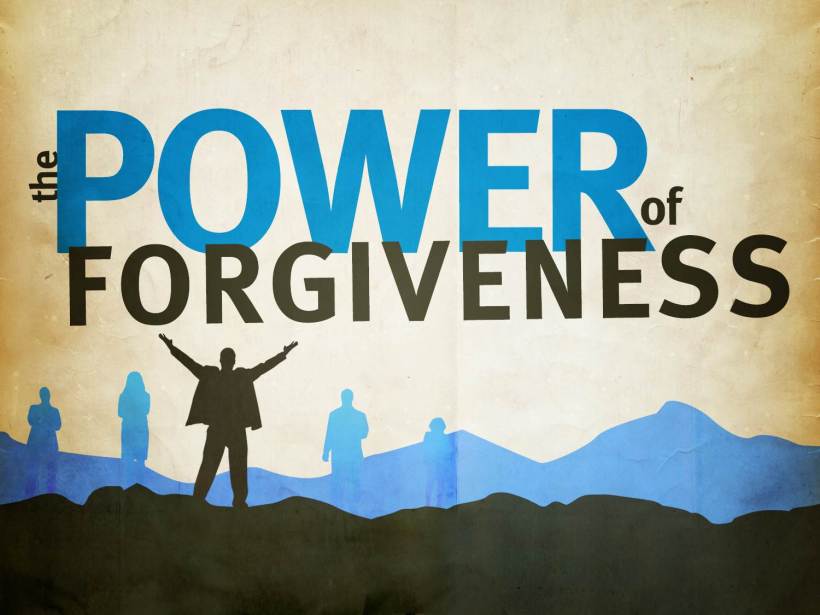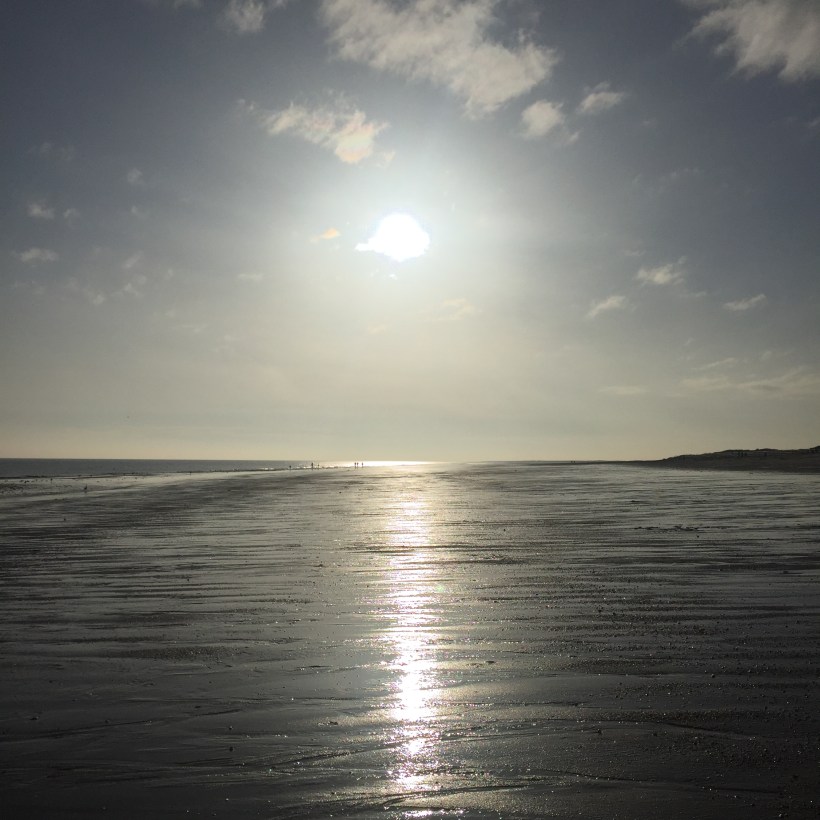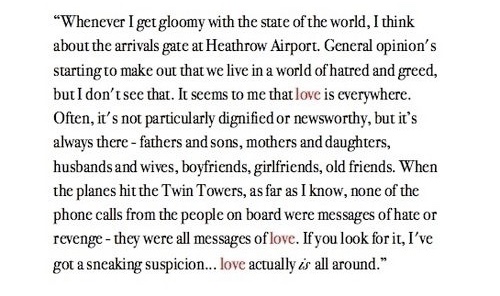I posted on Facebook last week about a book called ‘The War on Women’ by Sue Lloyd Roberts, which I received as a Christmas present. I have read hundreds (I’m not exaggerating) of books in my lifetime, and I can honestly say that none have had the same impact on me that this book has. It is eye-opening, overwhelming, and heart-breaking, and I think everyone, whether you are a woman or not, should read it.
You may or may not have heard of Sue Lloyd Roberts- I for one didn’t know who she was until I read this book. Sue was, in fact, one of the most decorated journalists of the last 50 years. In her career that spanned over four decades, she produced reports from some of the most volatile places in the world (such as North Korea and the Soviet Union) focussing on a range of issues from human rights violations to political corruption, and making changes wherever she went. However, whilst this work was often ground breaking, it is her work on the female population that made her such a stand out reporter. Sue travelled across the world to document the struggles that women face, from honour killings to female gender mutilation. It is her experiences with women that are the focus of this book, which was released last year. Sue tragically died of Leukaemia before this book was finished, but thanks to her children it was released early last year in spite of this.
Whilst there is no doubt that Sue Lloyd Roberts was one of a kind, this book, and this blog post, are not about her. And she wouldn’t want them to be. The people who are more important here are the women who’s stories she tells. Maimouna, the woman forced to become a “cutter” in Gambia. Mary, a “fallen woman” who was an inmate at Ireland’s infamous laundries. Lara Logan, a journalist sexually assaulted whilst reporting on protests in Egypt. The list of inspirational women in this book is endless, and it is them, not Sue, who take centre stage.
Whilst all of the chapters are powerful, one which has stuck the most with me is that which is titled “Saudi Arabia- the World’s Largest Prison”. Saudi Arabia is an extremely conservative muslim country in Western Asia. Here, women are not allowed to drive, or even leave the house unless escorted by a male relation of chauffeur. They have to wear the bhurka, which covers their bodies from head to toe, and every aspect of life is segregated. Wahhabis, the dominant minority in the country, believe that females are “perpetual minors” and “mentally defective”, and women therefore are forced to ask males, in some cases their young sons, for permission to do anything. Whilst I was aware that Saudi Arabia was conservative, I did not realise the extent of this conservatism. I take for granted the fact that I can drive, that I can wear what I want, and that I can do what I like without being reprimanded for it by a man. In this country, we are not expected to serve men, to be submissive, to worship the ground they walk on. Saudi Arabian women are.
I am not going to discuss all of the chapters in the book because 1) that would take all day, and 2) I want you to read the book itself, not just my post about it. But, there is one other chapter which I think it is important to mention. This is the last chapter in the book, entitled “Sex inequality in Britain”. Whilst it may seem wrong to talk about inequality in this country when women are facing much, much worse in other places in the world, it is one which really struck a chord with me. It shows that even in one of the most developed nations in the world, women are still discriminated against.
In England, this discrimination comes mainly in the form of unequal pay. Until reading this book, I was not aware of the scale of this problem. In fact, Sue explains, women working full time hours earn on average £5000 a year less than men. In some job, this can be up to 3x as big. For example, amongst health professionals (where the biggest pay gap exists), the average gender pay gap is 31%. In hourly terms, that’s £25.54 (for men) compared to £18.32 (for women). How is it possible, almost 100 years after the suffragettes won women the vote, that figures like this STILL exist?! Another statistic which riled me (well they all riled me-this one just a bit more), is that which states that 80% (80%?!?!?!?) of people working in the lowest paid sector (care and leisure), are women. And women make up 60% of those who earn less than the living wage. These numbers show that inequality still exists: no matter how many times people tell you our society is equal, they are lying. Our society is not equal. Whilst we may be able to drive, and we may be able to go out on our own, this does not mean that sexism does not exist to some degree. I want to go in to a job knowing that I will be earning the same as my male counterpart. I want to feel assured that when I have children, I will not have to start again at the bottom of the ladder. It is for these reasons that we cannot get complacent in the UK, nor in any Western country. Things are, obviously, much worse, and much more terrifying in other countries. But that does not mean that we should stop fighting our own battle here, especially not when there are still so obviously things to change.
Evidently I got a bit carried away there, but that just shows how passionate I am firstly about this book, and secondly about gender equality. Women do not deserve to be treated as less than men, for religious reasons, for the fact that we can have children, nor for the fact that that’s just “how it’s always been”. No reason is good enough to justify inequality, and I challenge you to read this book and not feel the same way.
The War on Women has made me angry, heart broken, and unbelievably sad. But above all, it has made me proud to be a woman. Reading about the women who continue to fight, day in, day out, for their freedom even though it continues to fall on deaf ears was both overwhelming and inspiring. I have always called myself a feminist, but I know many women who choose not to identify themselves with the word because it has “negative connotations”. The dictionary definition of feminism is “advocacy of women’s rights on the grounds of the equality of the sexes”. Equality of the sexes, obviously, is a long way from being achieved. So, if anyone reads this book and continues to say that they are not a feminist, then I will be forced to question their sanity. We should all be feminists, for the sake of Maimouna, for the sake of Mary. For the sake of any woman, anywhere in the world, that is or has been a victim of discrimination.
Megan x
Megan x
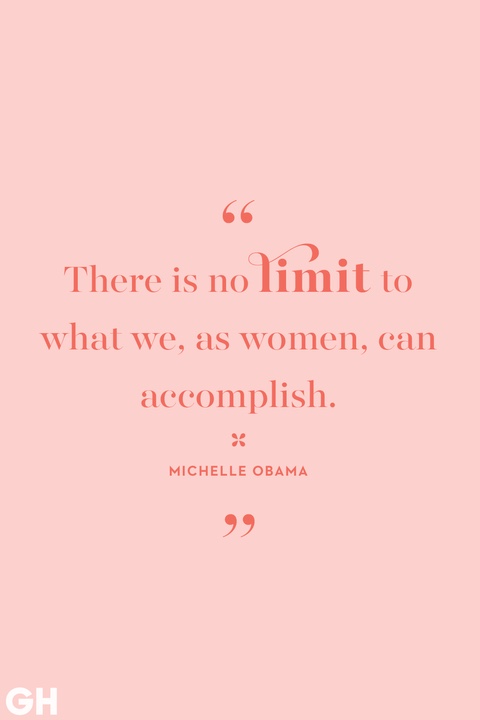
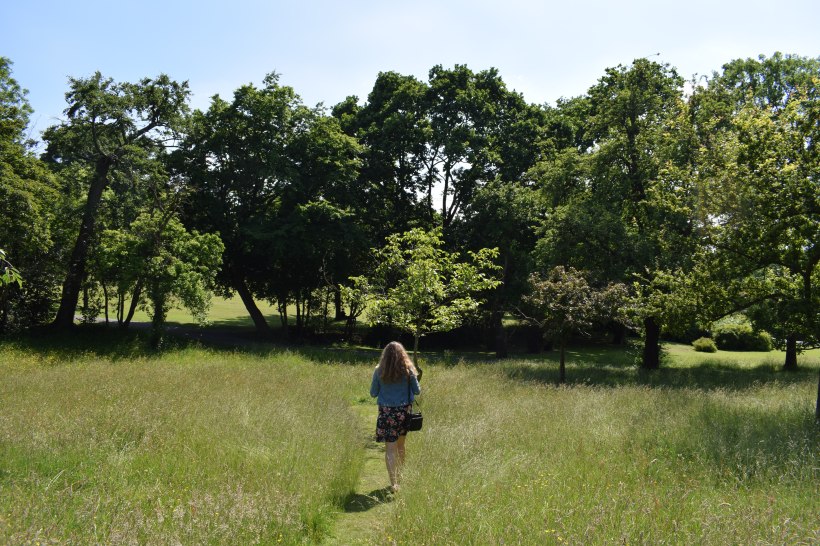


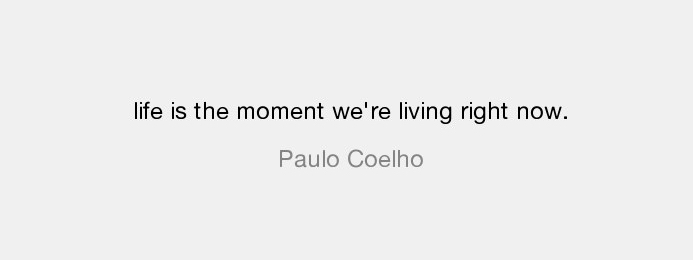
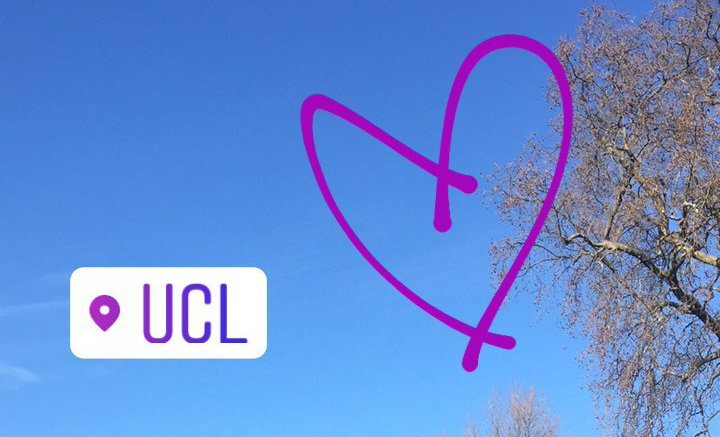
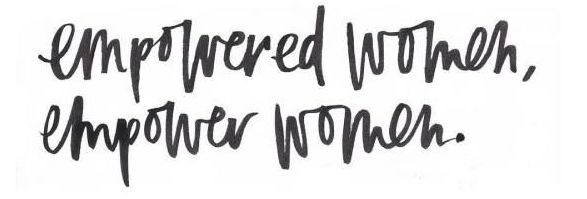
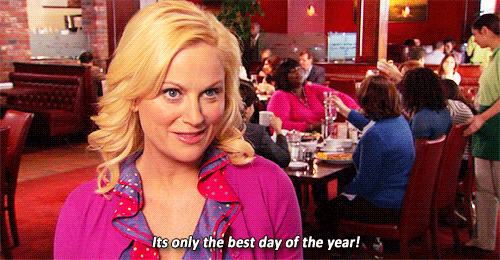
 My new favourite day of the year is celebrated on 13th February (this Monday!), so even women who DO want to celebrate the ‘conventional’ Valentine’s Day can still take part in the fun. I say fun, because that is exactly what this day is. It’s a day for all us females to really appreciate our girlfriends- because, let’s face it, even if you’re not single, no male will ever be able to fill the space that best friends do.
My new favourite day of the year is celebrated on 13th February (this Monday!), so even women who DO want to celebrate the ‘conventional’ Valentine’s Day can still take part in the fun. I say fun, because that is exactly what this day is. It’s a day for all us females to really appreciate our girlfriends- because, let’s face it, even if you’re not single, no male will ever be able to fill the space that best friends do.
